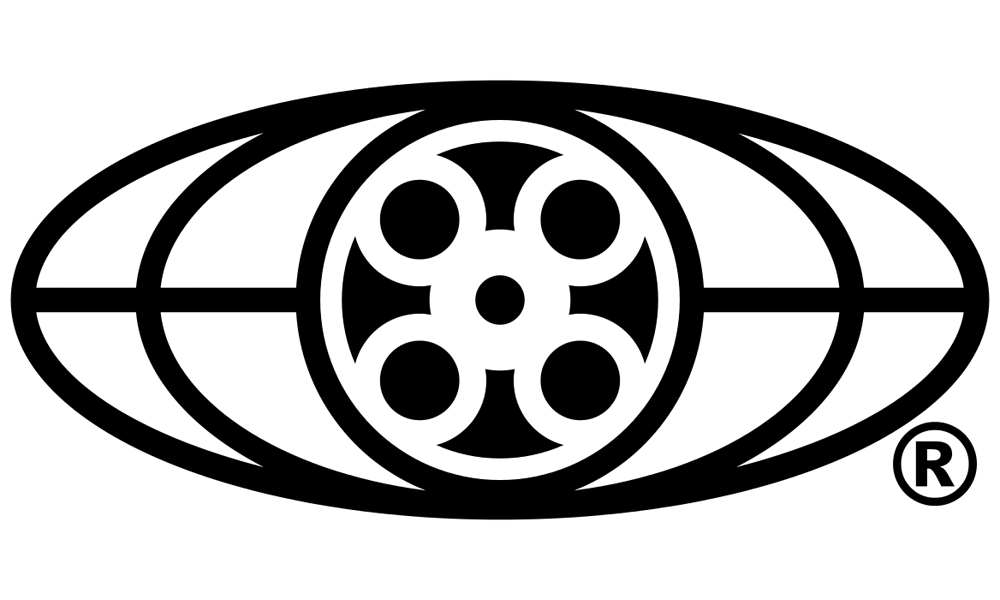
Report: In Wake of Sony Hack, Talk of MPAA Restructuring Surfaces
After the movie studio hacking scandal exposed weaknesses in its governance model, the Motion Picture Association of America may face a period of restructuring that could change the the organization for good.
The Motion Picture Association of America didn’t respond immediately after last November’s Sony Pictures hack.
In fact, MPAA spoke up only after press outlets began asking whether the association had anything to say about the data breach or the movie that caused it, “The Interview.”
“In retrospect, I wish I’d spoken out more,” said MPAA Chairman and CEO Christopher Dodd, in a January interview with Variety. “But you live and learn, and you move on. Now Sony is back on its feet, and the industry is pulling together around it.”
The radio silence was enough to make Sony Pictures consider quitting the trade group, according to The New York Times. In the end, Michael Lynton, Sony Pictures Entertainment chairman and CEO, decided the company would remain among MPAA’s six corporate members. (The others are Walt Disney, Warner Bros., Paramount Pictures, 20th Century Fox, and Universal.)
Nonetheless, MPAA finds itself at a crossroads and, according to the Times, may face some restructuring due to the governance issues exposed by the hack. Among the issues up for debate:
Changing how the association responds to an issue. MPAA’s reticence on a number of contentious issues is due in part to an all-or-nothing governance structure that requires all studios to agree on a response before the association takes an official stand. The flaws in this approach were highlighted during the hacking saga but have also hampered the trade group on issues such as net neutrality.
Addressing high dues and expenses. According to tax documents filed by MPAA in 2012, the association received around $10 million in membership dues from each major studio, an amount that many studios chafe at during a time of significant cuts. But membership dues have increased under Dodd’s leadership to $20 million or more, according to sources who talked to the Times. The association’s expenses reportedly have been rising, thanks in part to advocacy initiatives such as its aggressive battle against online piracy.
Broadening its narrow focus. Some critics have suggested that MPAA’s focus on the film industry is too narrow in an entertainment environment where dynamic culture changes have democratized content creation. But if the association expands, it might find itself at odds with other associations in related fields.
Considering what to do with its headquarters. The association’s Washington, DC, headquarters, near the White House, may go away as part of a revamping. The building was once a popular spot for hosting lawmakers for movie screenings, but government ethics rules have reined in that practice.
For his part, Dodd said he’s open to governance change (“I’m for that, completely,” he said), but, in comments to the Times, he added that he was wary of moving the headquarters.
The MPAA logo






Comments